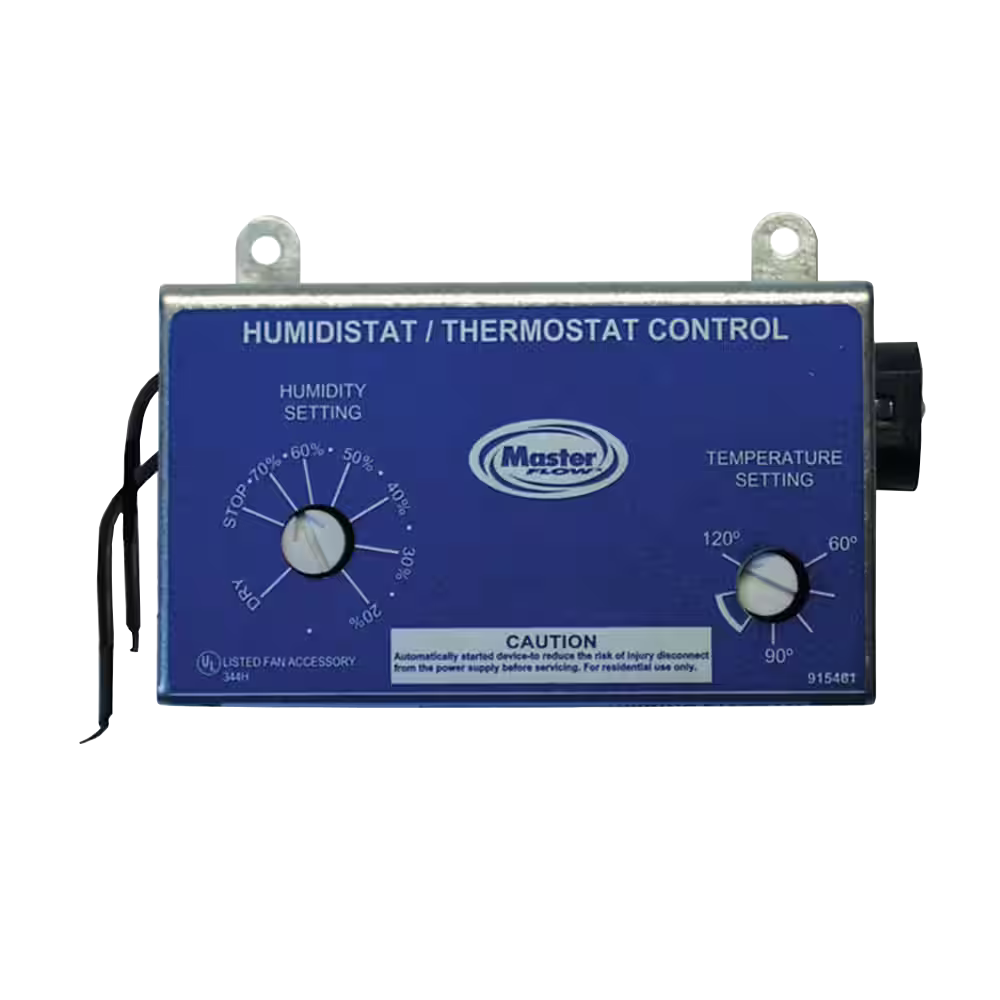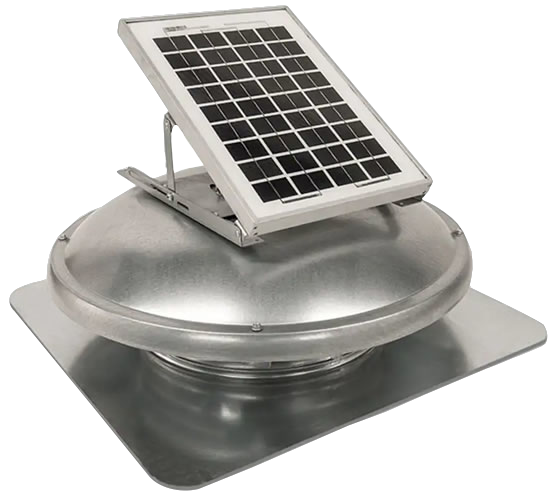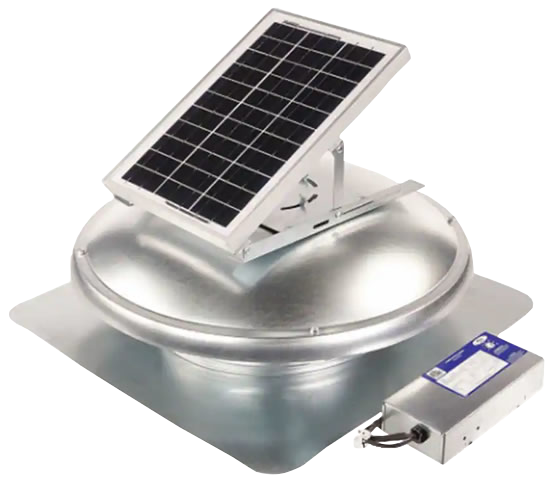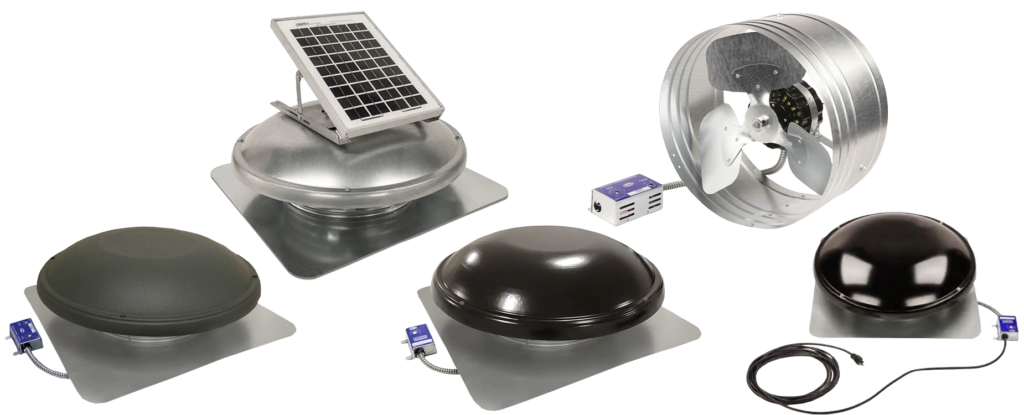When it comes to home maintenance and energy efficiency, one of the most overlooked aspects is attic ventilation, yet it plays a crucial role in maintaining the integrity of your home.
So, why is attic ventilation is so important?
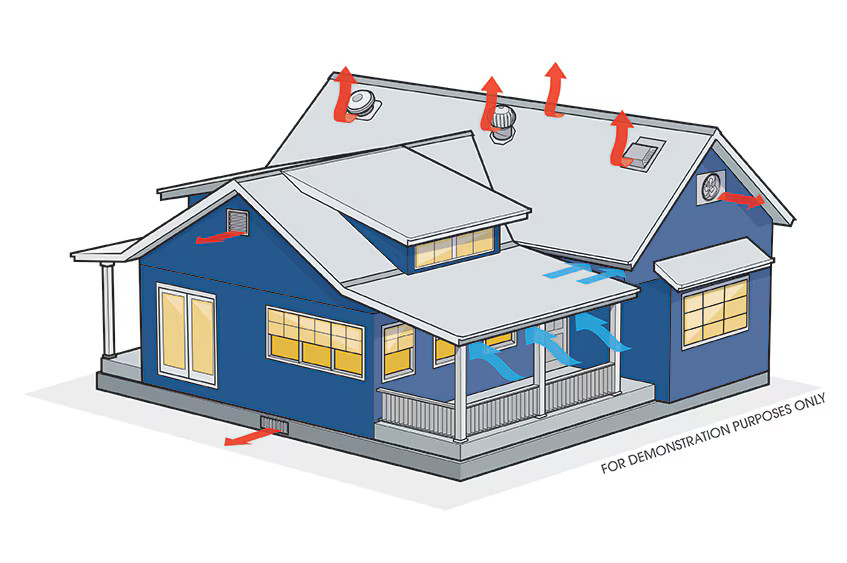
1. Temperature Regulation
Attic ventilation helps in maintaining a stable temperature within your home. During the hot summer months, unventilated attics can become incredibly hot, sometimes reaching temperatures up to 150°F (66°C). This excessive heat can transfer into your living spaces, making your air conditioning system work harder to keep your home cool. Proper ventilation allows hot air to escape, significantly reducing the cooling load on your AC and keeping your home more comfortable.
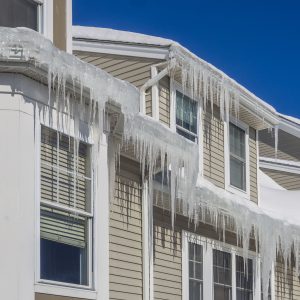
In winter, attic ventilation helps maintain a cold roof temperature, which is essential to prevent ice dams. Ice dams occur when warm air from the living space melts snow on the roof, which then refreezes at the eaves, causing damage to shingles and potentially leading to leaks. A well-ventilated attic keeps the roof cold, preventing these issues.
2. Moisture Control
Moisture is a home’s silent enemy. Without adequate ventilation, moisture from everyday activities such as cooking, showering, and even breathing can accumulate in the attic. This can lead to a host of problems, including mold and mildew growth, wood rot, and insulation damage. Mold and mildew not only cause structural damage but can also pose serious health risks to your family.
Proper attic ventilation allows moisture-laden air to escape, keeping the attic dry and protecting your home’s structure and air quality. By preventing moisture buildup, you also enhance the effectiveness of your insulation, which is critical for maintaining a consistent indoor temperature.
The GAF Master Flow HT models are great for moisture control with the thermostat/humidistat combination controller.
3. Extending Roof Lifespan
Your roof is one of the most significant investments in your home, and proper attic ventilation can help extend its lifespan. Heat and moisture are the primary enemies of roofing materials. Excessive heat can cause shingles to deteriorate prematurely, while moisture can lead to warping and rot.
By ensuring your attic is well-ventilated, you protect your roofing materials from these damaging effects, potentially adding years to the life of your roof and saving you from costly repairs or replacements.
4. Enhancing Energy Efficiency
Attic ventilation directly impacts your home’s energy efficiency. By reducing the temperature in your attic during summer, you lower the cooling demands on your HVAC system. In winter, proper ventilation prevents moisture-related issues that can compromise the insulation’s effectiveness, keeping your home warmer without overworking your heating system.
GAF even has solar or hybrid options to be as energy-efficient as possible. The energy consumed by the hybrid ventilators is typically offset by the savings on your energy bills, making them a smart investment for long-term efficiency.
5. Improving Indoor Air Quality
Good indoor air quality is vital for a healthy living environment. Without proper ventilation, pollutants, allergens, and other contaminants can accumulate in the attic and eventually seep into your living spaces. Effective attic ventilation helps expel these unwanted elements, improving the overall air quality inside your home.
Attic ventilation is a critical component of home maintenance that offers numerous benefits, from protecting your home’s structure and extending the lifespan of your roof to improving energy efficiency and indoor air quality. Whether you use passive systems like ridge vents and soffit vents or powered ventilators, ensuring your attic is adequately ventilated is an investment in the long-term health and comfort of your home.
